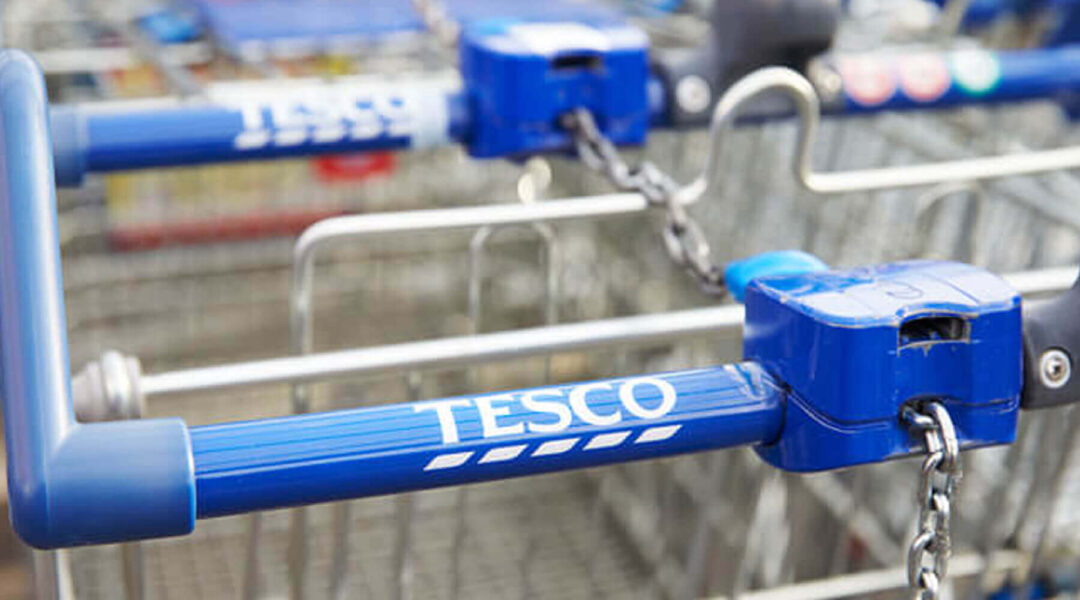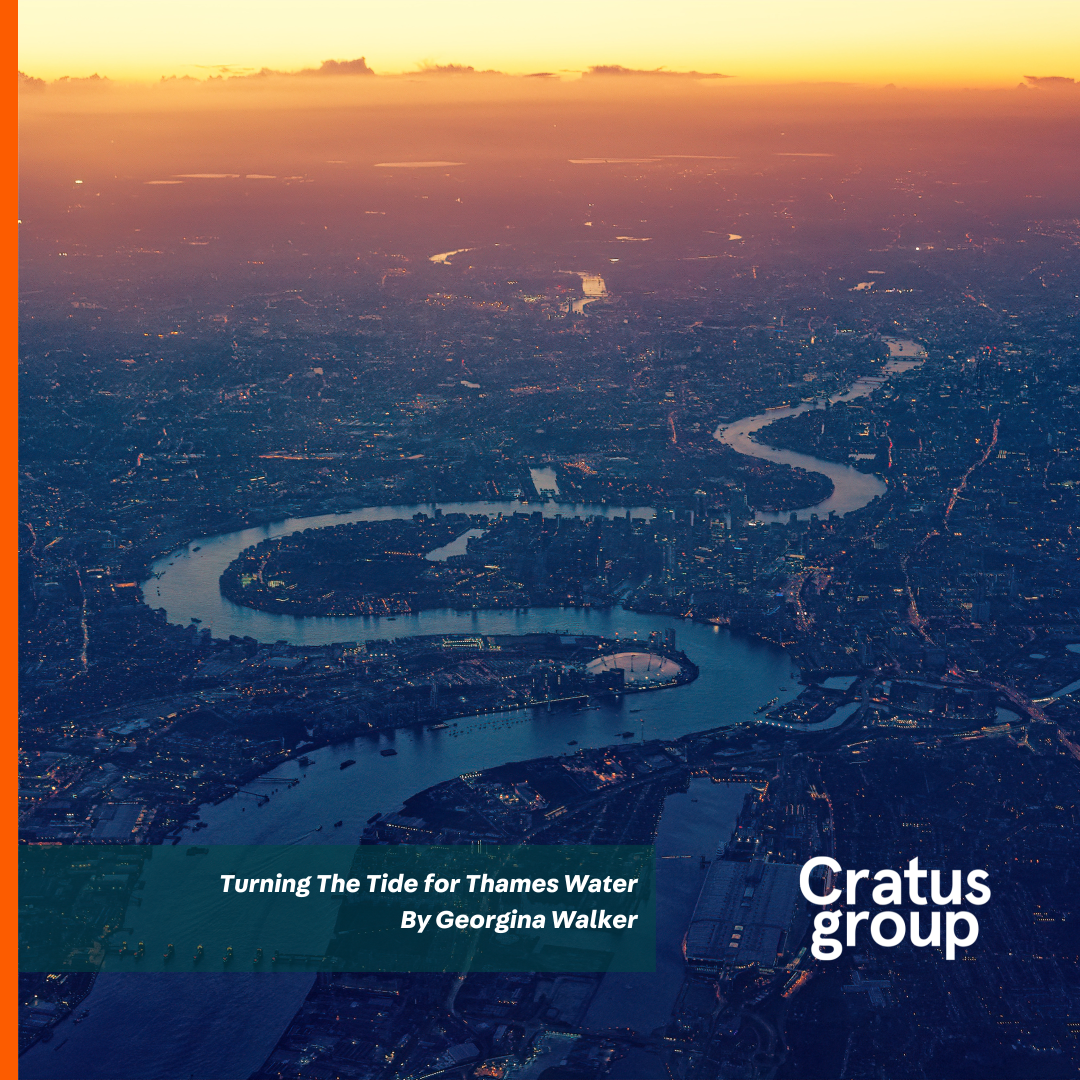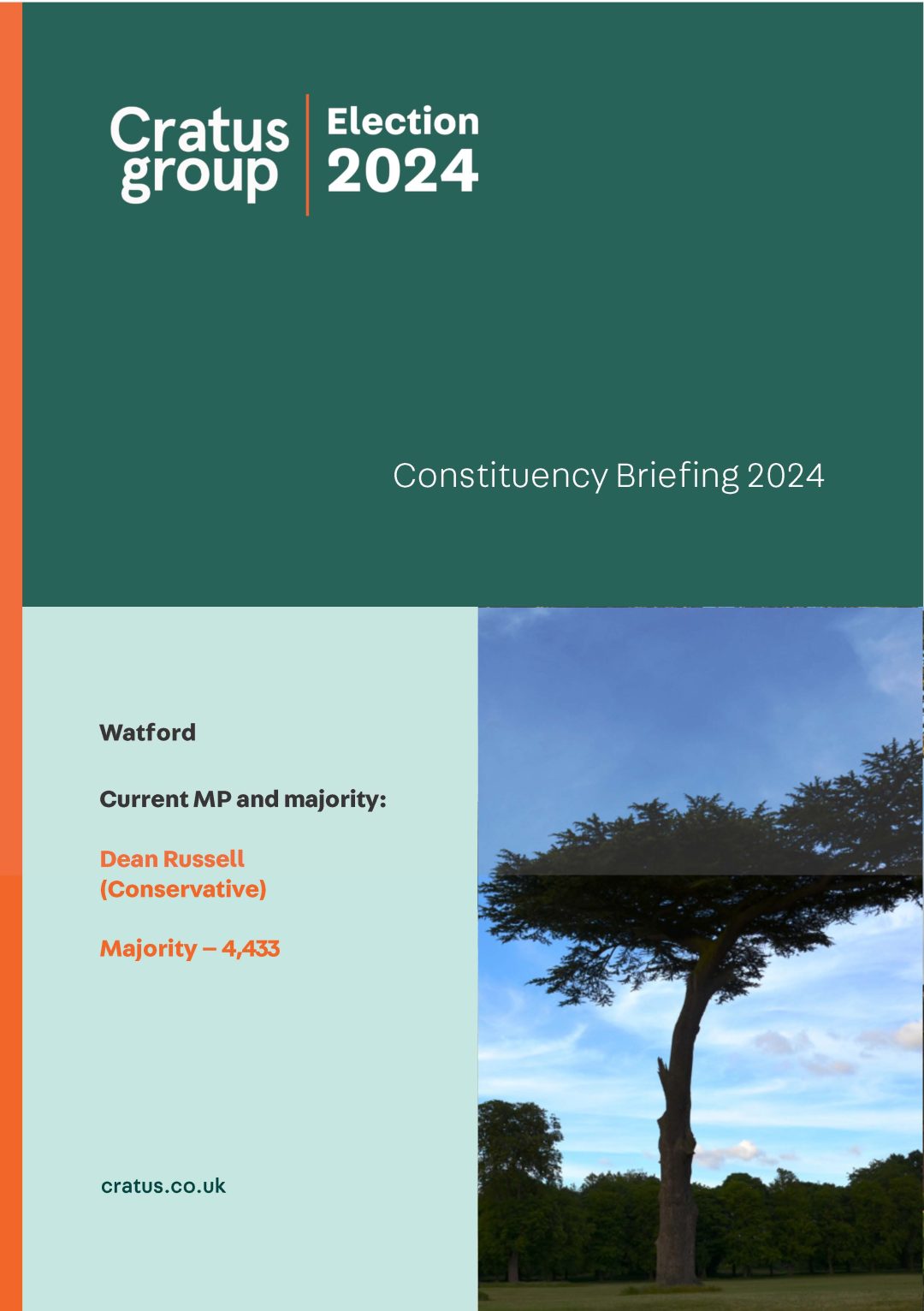Is the Merger with Booker, Tesco’s chance to rebuild its relationship with Local Government?
Last week, with the secrecy of a well-planned military operation, Tesco and Booker announced to the city they had agreed to merge (Tesco Takeover). This generated big headlines in the city pages and was breaking news on the 24hr News channels.
It made a welcome change from a lead story on another executive order from President Trump or a speculative story about Brexit but what does it mean for local government and why should we care?
This aspect has not so far been covered, unsurprising considering local government elections for example rarely make the national headlines however, this merger could be a cause of harm to our local economies or alternatively a major boon. Booker supplies many village and corner shops. It owns the Budgens, Premier, Londis and Family Shopper Brands. Tesco meanwhile, outside its own Tesco Express business, also owns the “One Stop” franchised store brand. The economic impact of the Tesco/Booker union could be therefore far more significant than just a question of market share or increase profits for shareholders.
The sustainability of a vast number of local communities up and down the country could be seriously affected. Our villages, small towns and some secondary suburban centres of larger cities have seen the loss of retail outlets, bank branches and yes, even the local pubs close. Some pubs, it’s true to say are converted to convenience stores. Many smaller communities have lost their local retailers, petrol garages and many have lost their post offices. This proposed change in ownership could see further decline at a time when we need it least – already there is discussion of shops being closed. These concerns should be explored before the merger takes place.
The case for a full review on the impact on local communities is easily justified and would enable local and national government to look at the facts and implications before approval for this merger goes ahead.
But there is no reason why Tesco could not use this as an opportunity to shock communities, many of whom still bear the scars of past planning applications, by commissioning the report themselves. As much as the merger could harm our rural and provincial communities, it could equally provide new and exciting opportunities for improving services through providing more choice for those that depend on the convenience stores and thus ensure the vitality of communities to the benefit of all.
Cratus has for a long time believed that closer working relationships between Royal Mail, Post Office counters and pharmacies for example, could protect services such as delivery of the post, parcels, prescriptions, produce and meals on wheels. These could all be brought together using the “Fulfilment” and “Logistics” systems that are used by our biggest retailers.
Tesco could on commercial grounds alone, agree to making a significant investment into its expanded network of convenience shops and franchises that would improve the quality of the real estate, add services that improve the wellbeing of the communities they serve and protect for the long term the sense of community you find in many of England’s less urban areas. Now that would both improve Tesco’s public image and help improve their profits – a true win/win to enjoy.
What would be disastrous is for local government not to ask national government to ensure that the implications of the Tesco/Booker merger on our local communities is considered. A full discussion needs to take place with Tesco Plc on both the potential negative outcomes so they can be mitigated against and what opportunities there are before the deal is approved.
This merger could be have a positive outcome for everyone, let’s not lose that opportunity.







